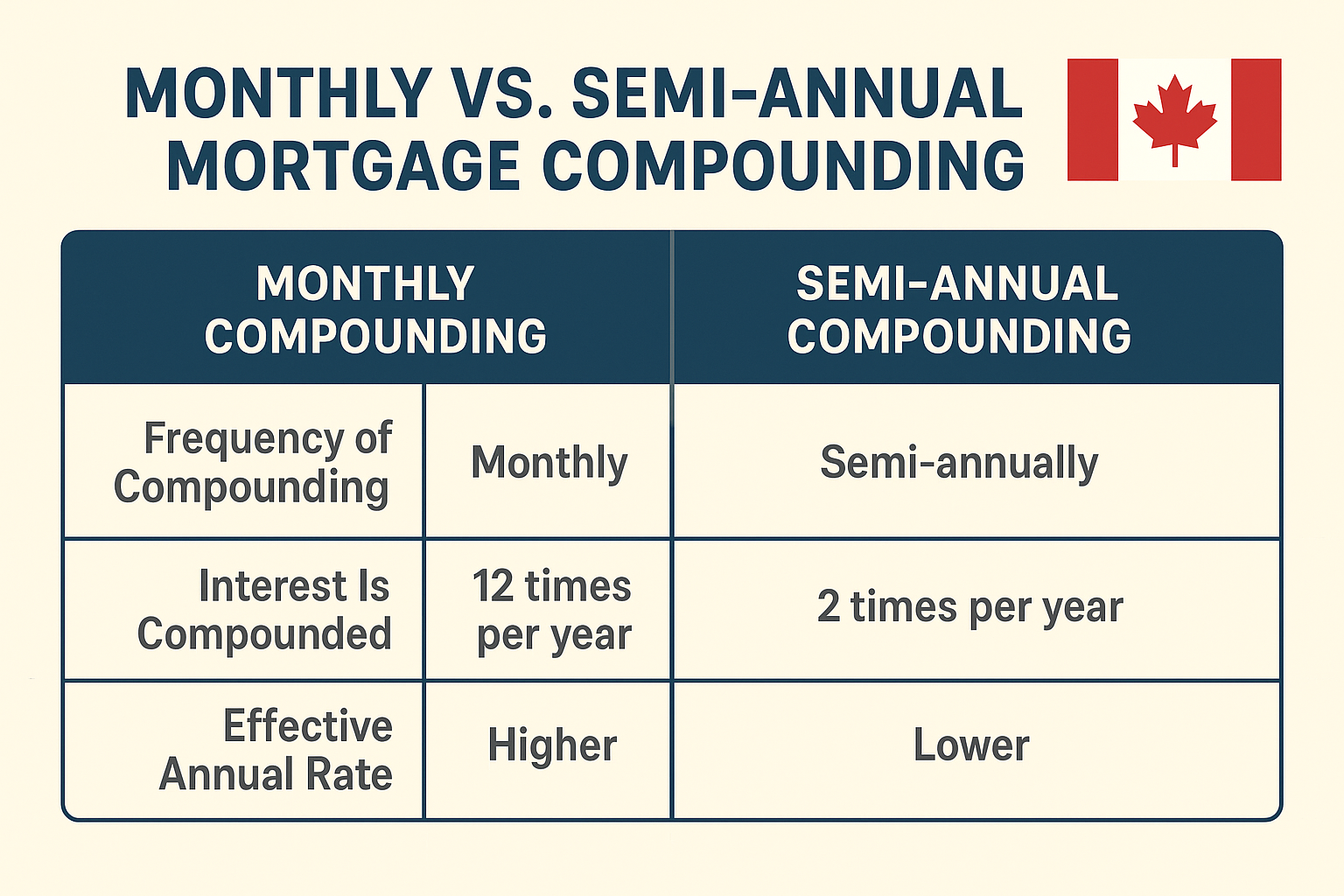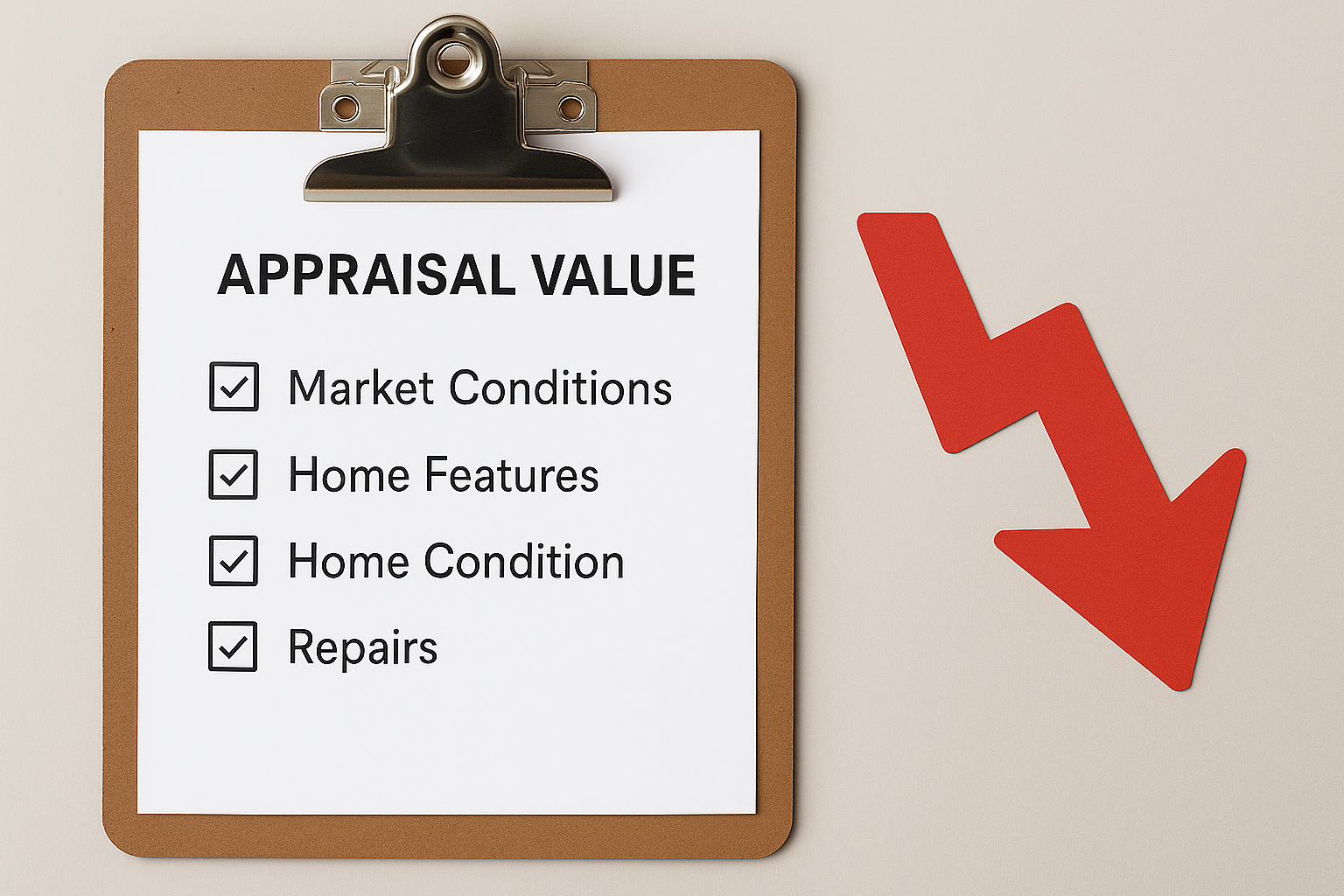Choosing between a credit union or bank mortgage can feel overwhelming. Both serve the same purpose — helping you finance your home — but they do so with different structures, philosophies, and advantages. For Canadian homeowners, especially first-time buyers or those with non-traditional incomes, understanding the difference is key to making the right financial decision.
This guide compares credit union and bank mortgage options, explaining how each works, who they benefit most, and what to watch out for.
Table of Contents
ToggleUnderstanding the Basics of Credit Union and Bank Mortgages
What Is a Credit Union Mortgage?
A local credit-union mortgage is offered by a cooperative financial institution owned by its members. These institutions often operate locally and return profits to members in the form of better rates and lower fees. Their non-profit status means they may offer more personalized underwriting and a community-first approach.
In Ontario, some well-known credit unions include:
- Meridian – the largest credit union in Ontario, offering a full suite of mortgage options.
- Alterna Savings – known for supporting self-employed borrowers and competitive mortgage rates.
- FirstOntario – offers flexible mortgage solutions and financial literacy support.
What Is a Bank Mortgage?
A bank mortgage is provided by a traditional, for-profit financial institution. Financial institutions have nationwide reach, advanced technology, and often broader mortgage product options. However, they may prioritize risk management over flexibility when it comes to borrower qualifications.
In Ontario, some of the most recognized large financial institutions offering mortgage products include(not limited to):
- Royal Bank of Canada (RBC) – Canada’s largest bank with a comprehensive mortgage suite.
- Toronto-Dominion (TD Canada Trust) – offers a wide range of fixed and variable-rate mortgage options.
- Bank of Montreal (BMO) – known for competitive rates and refinancing flexibility.
- Scotiabank – offers multilingual services and tailored mortgage advice for newcomers to Canada.
- Canadian Imperial Bank of Commerce (CIBC) – provides personalized tools and online mortgage calculators.
Both are regulated by Canadian authorities, including OSFI, FSRA, and in many cases, insured by CMHC.
Interest Rates and Fees: Who Offers Better Value?
Credit Union Rates vs Bank Rates
Credit unions are often praised for lower posted rates due to their member-focused, non-profit structure. However, mortgage rates in Canada are dynamic and fluctuate frequently based on market conditions, lender policies, and economic factors like the Bank of Canada’s overnight rate.
While credit unions may have slightly lower rates on average, both financial institutions and member unions are typically quite competitive with one another. The differences in mortgage rates can vary from one day to the next and often depend on the borrower’s credit profile, income stability, and down payment or equity amount.
Rather than focusing solely on the rate, it’s important to compare the full mortgage package — including terms, prepayment privileges, and penalties — to determine the best value for your specific needs.
Hidden Fees and Flexibility
Credit unions tend to offer flexible prepayment privileges, and some impose lighter penalties for breaking a mortgage. Banks may offer competitive rates, but include higher penalties and more rigid conditions.
Consider:
- Prepayment Penalties: Can range from 3 months’ interest to complex IRD calculations
- Portability: Banks often support portability; some member unions may have limited options
Mortgage Approval and Qualification Process
Credit Union Flexibility
Credit unions are more likely to review applications manually. If you’re self-employed, have bruised credit, or non-standard income, a credit union may be willing to look past algorithmic (strict math guidelines) red flags.
Bank Mortgage Approval
Financial institutions tend to follow strict underwriting guidelines. Decisions are more data-driven, relying heavily on credit scores, income verification, and CMHC eligibility. While this provides consistency, it may disadvantage borrowers with unique financial situations.
Case Example
Tom, a self-employed graphic designer in Ottawa, applied for a mortgage with a major bank. Due to fluctuating income and a few missed payments on his credit report from years prior, his application was declined. The automated approval process used by the financial institution flagged him as too high-risk despite strong recent earnings and business growth.
However, a local credit union with ties to the Ottawa region took a different approach. Since both Tom’s business and the property he intended to purchase were located within the credit union’s service area, they were more inclined to consider the local economic benefit and personal relationship. After reviewing Tom’s average income over the past two years and examining his retained earnings and business health, the credit union made an exception for the minor delinquencies. They recognized his overall financial stability and approved the mortgage.
This decision allowed Tom to secure financing for his first home, demonstrating how credit unions can apply greater flexibility and community focus in their lending criteria.
Customer Service and Relationship Building
Personalized Support at Credit Unions
Credit unions emphasize community. Borrowers often deal with the same advisor throughout their journey, creating familiarity and trust.
Bank Service Experience
Major financial institutions offer convenience through 24/7 service lines, digital apps, and automation. However, the service may feel impersonal to some, especially during renewal or refinance discussions.
When to Choose a Credit Union vs a Bank
Best for Credit Union:
- You’re self-employed or have inconsistent income
- You prefer face-to-face interactions with members
- You value lower fees and rates over digital features
Best for Banks:
- You need mobile banking and digital mortgage tools
- You want access to a variety of financial products
- You prefer larger brands or have complex investment ties
- You’re self-employed with a strong credit history and stable income
Additional Considerations Before Choosing a Mortgage Lender
- Refinancing Options: Is there flexibility later on?
- Rate Hold Periods: How long can the rate be held before closing?
- Legal and Appraisal Fees: Who has the lowest fees, or subsidizes some of the fees?
- Mortgage Insurance Requirements: All lenders require home insurance and, sometimes, CMHC insurance for low-down-payment mortgages
FAQ: Credit Union or Bank Mortgage?
1. Do credit unions offer lower mortgage rates in Canada?
Maybe. While Credit Unions can be competitive, the mortgage industry is dynamic, and rates are always changing.
2. Is it easier to qualify for a mortgage with credit unions?
Yes, particularly for borrowers with complex profiles, but big-banks can be just as accommodating depending on a borrower’s history.
3. What’s the downside of using a credit union?
Fewer branch locations, limited digital tools, and potentially smaller mortgage product offerings.
4. Can you transfer your mortgage from a credit union to a bank?
Yes, but you’ll need to go through a new application and may incur break fees if you’re not up for renewal.
5. Are mortgages from credit unions insured by CMHC?
Yes, most member-owned institutions offer CMHC-insured options for qualified borrowers purchasing with less than 20% down.
6. Do banks offer better prepayment privileges?
Not necessarily. Many credit unions offer equal or better terms for prepayments.
7. Who offers better mortgage terms overall?
It depends on your situation. If personal service matters, a credit union is ideal. If digital access and diverse product offerings matter, consider a major financial institution.
Final Thoughts: Choose What Works for Your Financial Goals
There’s no one-size-fits-all answer to whether a credit union or bank mortgage is best. The right choice depends on your financial profile, lifestyle preferences, and what you value most — lower rates, better digital access, or community service.
At LendToday, we help homeowners compare mortgage options from both credit unions and banks, ensuring you get a solution tailored to your goals.
Learn More on Credit Union or Bank Mortgage Options
- How Soon Can You Lose Your House in Canada? The Truth About Foreclosure - July 14, 2025
- Title Insurance: Proven Homeowner Protection in 2025 - July 8, 2025
- ID Requirements for a Mortgage in Ontario: What You Need to Know - July 2, 2025






